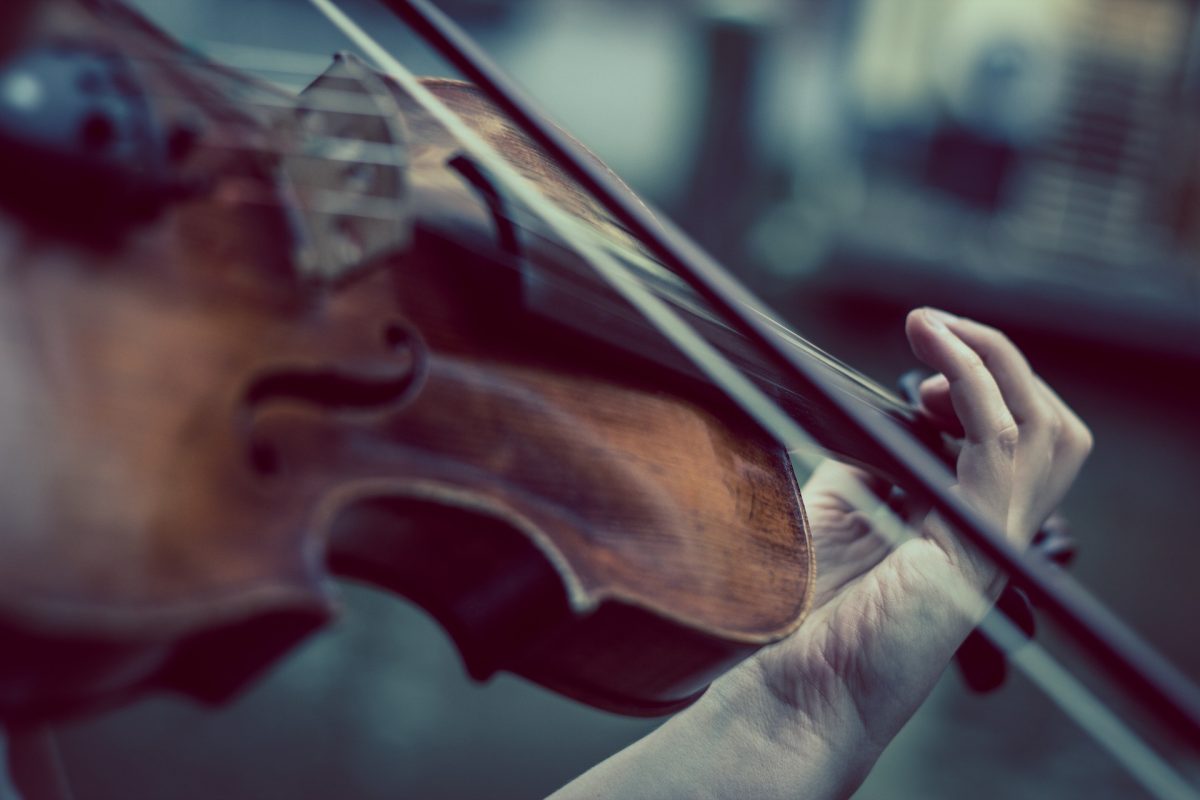Jonathan (
Malta
 )
)
The power of music – Jonathan’s goosebump moment
“Hi! This is Jonathan from Malta. My goosebump moment was when I realized the power of music. This started a few years ago when I started traveling to many countries and I did not even speak their language. I wanted to learn more about their culture and the way that they see the world. So, I found out that if you carefully watched the way that they interact with music, not just them but everybody, I was able to tell a lot of things about their culture and the way that they see the world and how they think. So, this was mind-blowing for me, and I think that this is just a universal language that all of us can speak and understand at the same time”.
Music, a universal language
Music is a universal language that crosses borders and that anyone is capable of understanding. It is an inherent characteristic of the human being, either as a result of evolutionary adaptation, or as the byproduct of individual adaptations for auditory perception, motor control, language, affect, or some amalgamation of all these.
Every time we listen to music, we can feel that we understand it, even though there is nothing figurative about it. Subjectively, it seems that music manages to communicate emotions in an unmediated way, without references, without symbols or conventions and without a doubt; it is something that gives more than one goosebumps.
Emotional effects of music
Music has an emotional power that is not limited to when it is heard, but can also be appreciated when it is sung. Specifically, in this case it is associated with happiness, to the point that singing can be therapeutic.
Choral singers must concentrate on the music and the correct execution of vocal technique while singing. This implies an effort that causes singers to forget about personal concerns due to the essential active concentration that singing requires.
Therefore, singing allows you to enter a kind of “stress-free zone”.
To this mental effort must be added the necessary to learn new harmonies, songs and singing methods: all these tasks keep the brain active and manage to prevent the appearance of depressive disorders.
The power of music
Proven by science are the many benefits that listening to music brings. In this regard, the therapeutic trend known as music therapy, based mainly on research such as that of the British neurologist and writer Oliver Sacks, has promulgated the use of music as a tool capable of altering certain physical and psychological parts of the brain.
For the vast majority, music wields enormous power. This propensity for music, which Oliver Sacks calls “musicophilia”, arises in our childhood, is manifested in all cultures, and probably goes back to our beginnings as a species.
“Musicophilia” is then defined as our propensity or affinity with music, something that is fundamental and central in all cultures. We can all perceive music, tones, timbre, melody, harmony, and perhaps more elementally, rhythm. We integrate all these things and “build” the music in our minds using different parts of our brain.
To this structural and largely unconscious appreciation of music is added an emotional reaction, often intense and profound. And also a motor response because we listen to music with our muscles.
Not only being an aesthetic phenomenon, music becomes a form of sensory gnosis, with the ability to provide health. Music accompanies us on the journey of our lives and many times “saves” us, heals us, having determining effects on our character and destiny.
More about the power of music:





Rate This Goosebump Moment